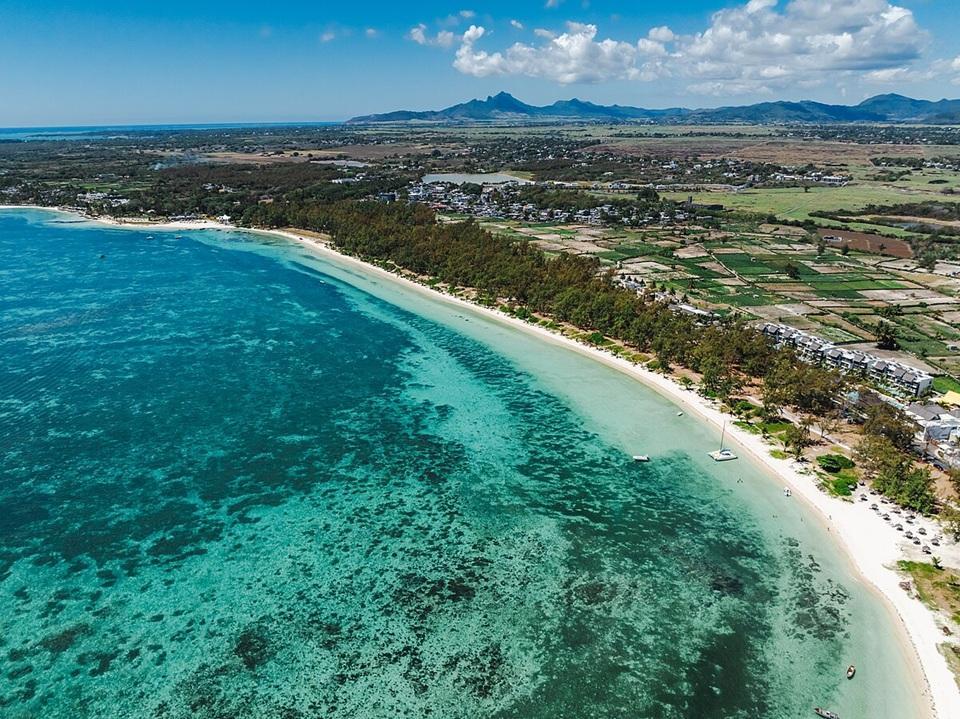Africa-Press – Mauritius. Seychelles and Mauritius retained their ranking as Africa’s most attractive investment destinations, outperforming larger economies, including Egypt, South Africa and Morocco, according to a report published on Monday on Where to Invest in Africa from lender RMB.
The two Indian Ocean island nations stood out in a year marked by significant geopolitical shifts including US trade tariffs and policy changes stemming from a number of elections across the region, RMB chief economist Isaah Mhlanga told an event to launch the report in Johannesburg.
“Episodes of unrest and policy uncertainty, and the global fracturing and reorientation have all had measurable macroeconomic effects,” Mhlanga said in the report. “Changes in the political and the subsequent policy environment and declining foreign aid, coupled with the redirection of global capital flows, are reshaping how African economies engage with the world.”
The index, compiled by RMB and the Gordon Institute of Business Science, ranks 31 African countries according to gross domestic product and potential performance, market accessibility and innovation, economic stability and climate investment, as well as social and human development.
Top world cocoa producer Ivory Coast was the country whose ranking advanced the most, moving into the top 10 from 16th place, thanks to its widening access to electricity, government efforts to broaden exports and a focus on domestic processing.
Ivory Coast “has been serious about repositioning its industrial composition, moving up eight places,” Adrian Saville, professor of economics at GIBS said.
Conversely, Nigeria showed the biggest drop, falling nine places from the prior year even as President Bola Tinubu’s measures to reform the west African economy took hold. He phased out costly fuel subsidies and loosened currency controls, which drew praise from international investors but sparked domestic anger by fanning inflation.
Though South Africa, the region’s most industrialised economy, retained its place in the rankings, it is “stuck,” Saville said. “What we need to happen for us to get from neutral into first is for investment confidence to be restored.”
The African National Congress entered into an uneasy coalition with its main rival, the Democratic Alliance, and eight smaller parties after losing its parliamentary majority in last year’s elections.
But the so-called government of national unity has struggled to act decisively on major issues, RMB said.
For More News And Analysis About Mauritius Follow Africa-Press







